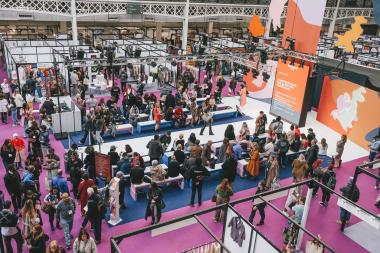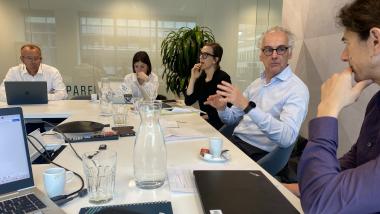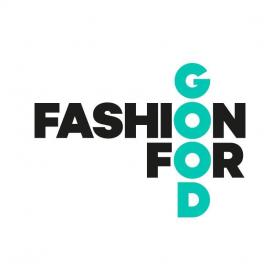Archroma at Denim Première Vision Milan and Denimsandjeans Vietnam
Archroma is bringing its new SUPER SYSTEMS+ concept and key denim innovations to Denim Première Vision Milan on June 5 and 6 and Denimsandjeans Vietnam on June 26 and 27.
From classic blue jeans to fashion-forward designs with fresh cuts, colors and finishes, denim remains one of the most popular fabrics worldwide. At the same time, the industry is beginning to question traditional production methods that use considerable water and energy and also have limitations in terms of the selection of chemicals and dyes that are clean and safe.
Archroma will demonstrate its solutions at Denim Première Vision Milan and Denimsandjeans Vietnam, including SUPER SYSTEMS+ for Denim. SUPER SYSTEMS+ are end-to-end systems developed by Archroma to allow brands and mills to make an impact by saving resources, delivering more durable apparel or adopting cleaner chemistries, or by choosing enhanced outcomes in all three areas at once. The suite encompasses wet processing solutions from sizing to finishing; durable colors and functional effects that add value; and cleaner chemistries that go beyond compliance to anticipate future restrictions.
Trade show visitors will also be able to explore Archroma’s new DENIM HALO, a laser-friendly and easy washable denim, as well as a range of other product innovations, such as DIRESUL® EVOLUTION BLACK, DENISOL® PURE INDIGO 30 and EarthColors®.
DIRESUL® EVOLUTION BLACK is Archroma’s cleanest sulfur black dyestuff. Manufactured using fewer resources, it has an overall impact reduction to 57% during dye synthesis compared to standard Sulfur Black 1 liquid.* Importantly, it also offers mills the opportunity to deliver unique shade and wash-down effects that stand out in the market.
DENISOL® PURE INDIGO 30 LIQ is an aniline-free** pre-reduced indigo that creates authentic denim look with the same performance and efficiency as conventional indigo dye, but in a way that can reduce the risk of pollution. Furthermore, it is produced in an aniline-free** process to help enable cleaner denim production.
EarthColors® is a patented Archroma technology that creates high-performance biowaste-based dyes from non-edible food and agricultural waste, leaving the edible part available for consumption. EarthColors® dyes are fully traceable and help reduce the industry’s overall impact on the water footprint. Since they upcycle waste from other industries, they also help contribute to a circular economy.
* Ecotarrae lifecycle analysis
** Below limits of detection according to industry standard test methods
Archroma SUPER SYSTEMS+ Denim denim finishing Denim PREMIERE VISION Denimsandjeans
Archroma





















